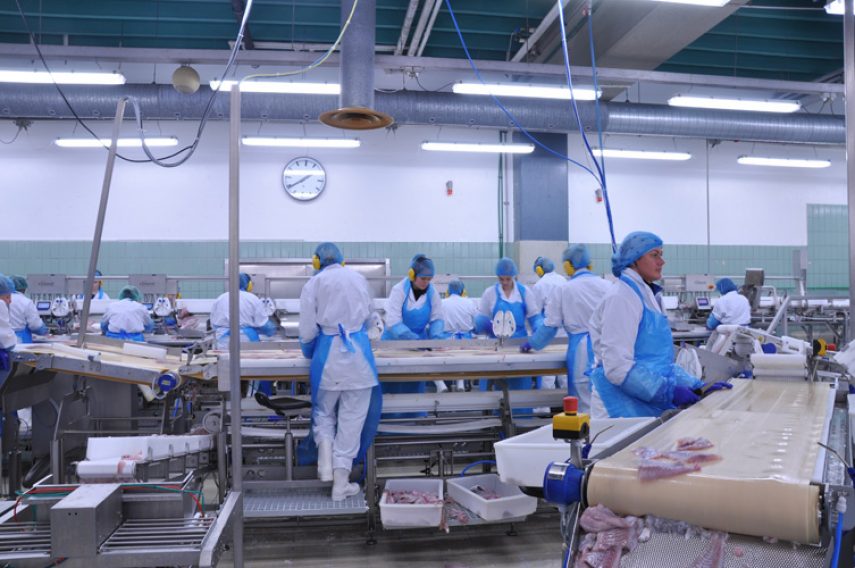THE recent Listeriosis outbreak has drawn attention to the importance of an industry that usually stays out of the spotlight, but has the capacity to save lives.
That’s according to Emma Corder, the country manager of Nilfisk South Africa, a leading international cleaning equipment manufacturer, who added that little is said about the contribution the cleaning sector plays in maintaining basic hygiene standards, preventing the spread of disease and preserving corporate reputations.
“According to the World Health Organization an estimated 600 million people fall ill and 420 000 die every year after eating contaminated food. Often this is as a result of inadequate hygiene,” Corder said.
“For example, in the case of diarrhoeal diseases, caused by pathogens such as rotavirus or E Coli, 88% of deaths can be attributed to insufficient hygiene or sanitation. These diseases are one of the top 10 global causes of death and far outweigh the severity of the current Listeriosis crisis.”
According to Corder, the maintenance of clean working environments is essential when producing, handling or preparing food – from farms to kitchens, pathogens can easily be transferred between food handlers, equipment, surfaces and the food itself. The best way to avoid cross-contamination is to properly clean and sanitize all surfaces that might come into contact with foods.
“Cleaning manuals that are centred around Hazard Analysis and Critical Control Points (HACCP) principles should be readily available for staff,” she said.
“These should include detailed information regarding cleaning techniques, appropriate equipment and color coding to prevent cross contamination. Personal hygiene, and most importantly handwashing, is also critical to minimize risk.”
HACCP is a systematic approach to food safety that prevents biological, chemical, and physical hazards in production processes that might make foods unsafe for consumption.
“In the wake of the Listeriosis outbreak, it is important for food industry professionals to ask themselves if they are doing all they can to ensure hygiene levels are maintained within their facilities. If they are in any doubt they should consult with industry experts for guidance.”
She recommended that they seek the advice of experts in cleaning equipment, materials and the provision of commercial cleaning who should be able to assist with the implementation of cleaning processes and methodologies that cater to a business’s individual needs whilst ensuring that they are in keeping with legislative priorities.

